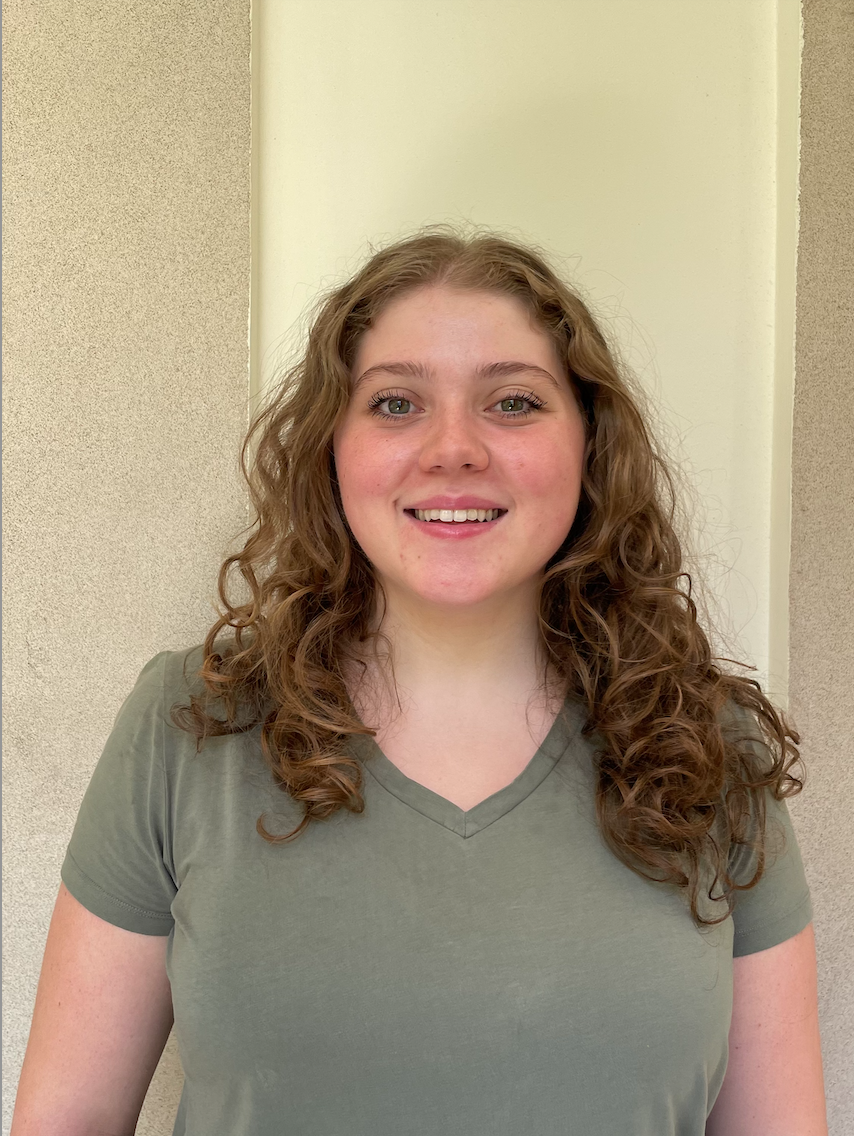Who is this scholarship for?
This scholarship is for students applying to our Summer School, who are UK nationals currently studying an undergraduate programme at a Non-Russell Group University.
What is included in this scholarship?
The Non-Russell Group scholarships fund the full summer school course fees for scholarship winners. You will also benefit from mentoring support offered by some of our current MRC funded PhD students.
How do I apply for this Scholarship?
Scholarship applications will open in January 2025.
Please note that you must first complete an application for the summer school on My Imperial before completing your scholarship application. Failure to do so could result in your scholarship application being rejected.
(Guidance on what to include as part of your scholarship application form is included within the form).
What can I expect?
The Non-Russell Group Scholarships provide an excellent opportunity to develop your critical thinking and collaborative skills, whilst enhancing your scientific knowledge. Through the additional support of a mentor you'll be able to network with other students and start think about some of your career goals and personal development.
Read what our recent Non-Russell Group scholarship winner, Dora, had to say about her experience of our on campus summer school:
 The lessons I learned and the connections I made during the three weeks of the summer school are something that I think will stay with me for life. In the lab, I developed valuable technical and transferable skills. The environment was incredibly encouraging and inspiring. Designing and carrying out an experiment was challenging, but the support we received from the patient teaching staff throughout was amazing.
The lessons I learned and the connections I made during the three weeks of the summer school are something that I think will stay with me for life. In the lab, I developed valuable technical and transferable skills. The environment was incredibly encouraging and inspiring. Designing and carrying out an experiment was challenging, but the support we received from the patient teaching staff throughout was amazing.Teamwork is arguably the most important skill that I honed, as collaboration is crucial in science. From the very first day, I had to work intensively with entirely new people, which helped me learn how important communication is. I feel that my group’s success can largely be attributed to our ability to really listen to each other and incorporate our diverse experience and knowledge when making decisions.
Hearing from renowned guest lecturers about cutting-edge research broadened my range of knowledge. Talking to Master’s students about their experience at Imperial and as postgraduates guided me as I prepare to make decisions about my future in science.
I also enjoyed the wonderful social calendar with activities around London. Connections with peers in a multicultural environment was enriching and I believe I have made lasting friendships.

